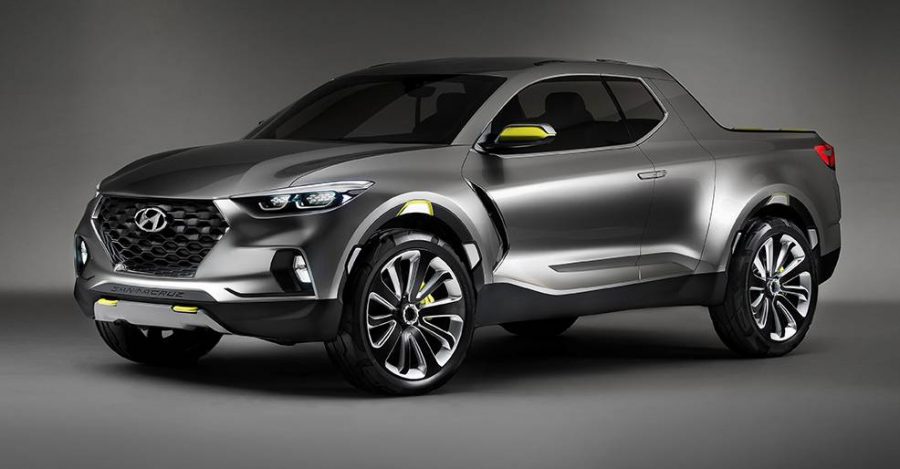Hyundai will expand its fuel cell car lineup with the new Sports Utility Vehicle. The South Korean promised the second generation of the Hyundai Tucson IX Fuel cell vehicle would be much more efficient than the first model.
The current version of the Hyundai Tucson ix powered by a fuel cell is only available in California. It is not clear if the new Tucson will have the same restrictions, though.
Hyundai is expected to present its new SUV by mid-2017 and bookings will probably start to be available in the last three months of the year.
According to Nikkei, the news site, not only will the company release the new fuel cell SUV, but they will also launch a new commercial bus in the coming two years. The latter will also work with fuel cells.
Hyundai Tucson IX Fuel cell vehicle price and release date
The new SUV will hit the road in January 2018, and it will boast a range of 348 miles on a single hydrogen tank which surpasses the current model by a 30 percent of efficiency.
The new Tucson will cost an approximate of $50,000. The new vehicle will best the 312-mile range of Toyota’s Mirai, placing itself just second behind the Honda Clarity Fuel Cell with its 366 miles on a single hydrogen tank.
The South Korean company is betting on clean energy as an alternative to fossil fuels, something that will undoubtedly reduce the amount of pollution its cars release in the environment.
Meet Hyundai’s Ioniq
This way, Hyundai is clearing broadening its clean-energy cars production. The company is also releasing the “Ioniq.”
This new Sedan will have three variations. The Ioniq electric, which can be charged from home or work and will be available this winter.
Launching this Winter, The Ioniq Hybrid will work with electricity and gas, and finally the Ioniq Plug-in Hybrid, which can be switched to electric power or gas when needed.
What is a fuel cell?
A fuel cell is a device that turns chemical energy from elements like hydrogen into electricity generating almost zero pollution. The new model of SUV will work with a new kind of battery.
They are different from conventional batteries, as they can produce electricity continuously as long as the fuel source is plugged in.
This new cells could change the game in the automobile industry as the regulators around the world are pushing for green practices in that sector.



